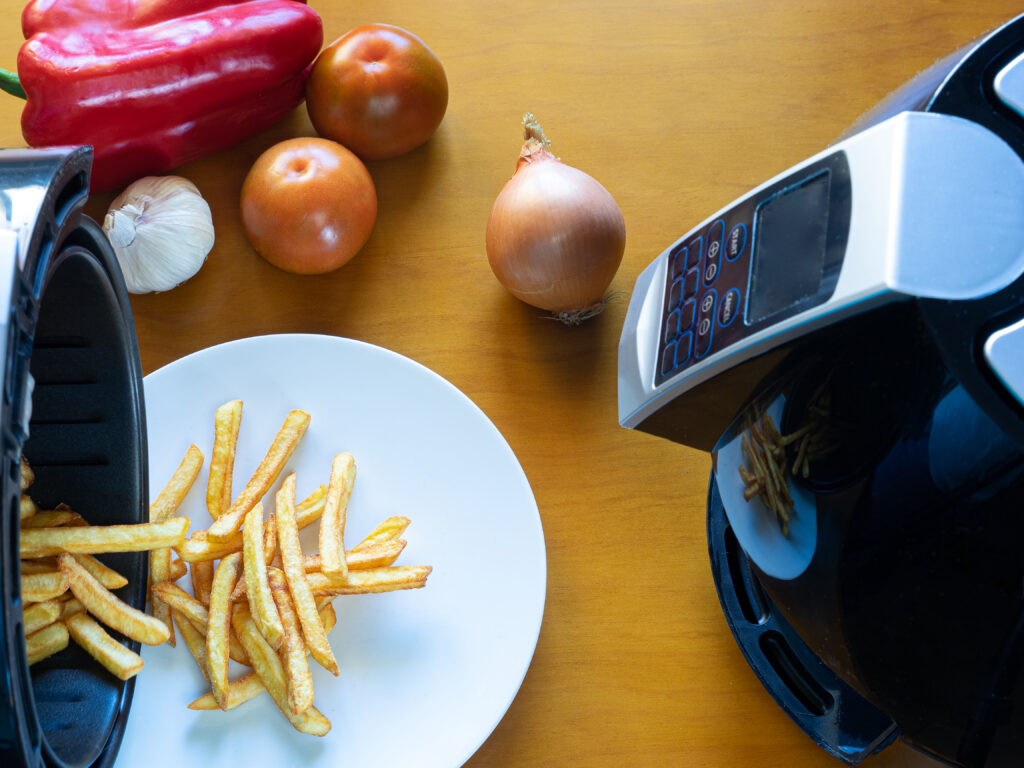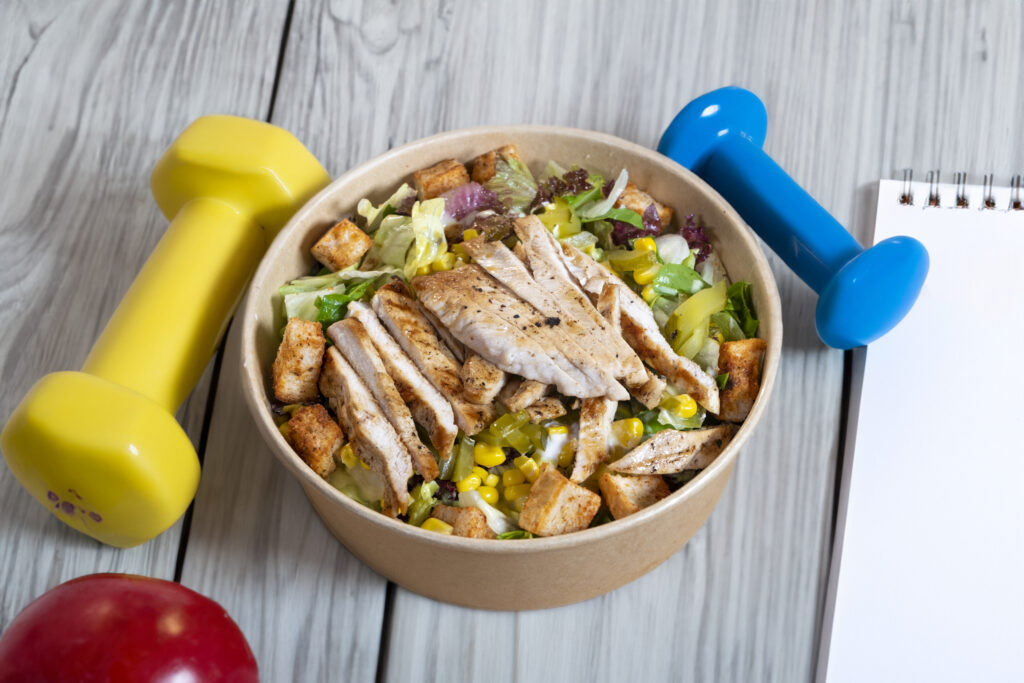As a vegan, I’ve learned how key protein is in our diet. It helps build and fix cells, makes enzymes and antibodies, and more. Luckily, a vegan diet can get all the protein we need from plants like legumes, grains, nuts, and seeds.
Many think vegans can’t get enough protein, but that’s not true. A 2013 study showed that vegetarians and vegans get more than enough protein daily. They focus on foods like beans, lentils, and nuts, which are rich in protein but have no cholesterol.
It’s not necessary to mix certain plants to get all the protein we need. Our bodies can make complete proteins from different plant foods. Even grains and veggies in a plant-based diet have enough protein for athletes. Gorillas, for example, are very strong and only eat plants, proving that plants can give us enough protein for strength.
Understanding Protein Needs for Vegans
As a vegan, knowing your daily protein needs is crucial for good health. Vegans should aim for about 0.8 grams of protein per kilogram of body weight. This is roughly 10% of your total calorie intake.
For adult male vegans, this means needing about 63 grams of protein each day. Adult female vegans should aim for around 52 grams.
Vegans can meet their protein needs with a varied plant-based diet. Unlike non-vegetarians, who get 14-18% of their calories from protein, vegans can get enough from plants. Most vegans get more than enough protein without supplements or protein powders.
By eating a variety of whole plant foods, you can get all the essential amino acids. This ensures you get enough protein.
Legumes, soyfoods, whole grains, nuts, and seeds are all great sources of vegan protein. For instance, a cup of cooked lentils has 18 grams of protein. Half a cup of tempeh has 15 grams.
To meet your protein needs, aim for 3-4 servings of these high-protein foods daily. Remember, eating a variety of plant proteins throughout the day is key. This helps you get all the amino acids you need for good health.
Plant-Based Protein Sources
As a vegan, I’ve found many high-protein vegan foods. These plant protein sources are easy to add to meals and snacks. Legumes like lentils and chickpeas are favorites of mine. Lentils have 18 grams of protein per cup, and chickpeas have 14.5 grams per cup.
Soy products are also great for protein. Tofu, tempeh, and edamame are packed with nutrients. Tofu has 9 grams of protein per 3-ounce serving. Edamame has 9 grams per 1/2 cup, and tempeh has 17 grams per 3/4 cup.
Grains like quinoa, oats, and buckwheat are also good for protein. Cooked quinoa has 8 grams of protein per cup. Oats have 6 grams per cup, and buckwheat has 5.5 grams per cup. Even spinach and green peas can help with protein. A cup of cooked spinach has 5 grams, and a 1/2 cup of green peas has 4 grams.
Nuts and seeds are full of protein. A small 1-ounce serving can have 4–9 grams, depending on the type. Almonds, walnuts, cashews, pumpkin seeds, and hemp seeds are all good choices. Nut and seed butters, like peanut butter and tahini, also offer a lot of protein. Peanut butter has 8 grams per 2-tablespoon serving, and tahini has 5 grams.
Complete Proteins in a Vegan Diet
Following a vegan diet means making sure you get all the amino acids your body needs. Complete plant proteins have all nine essential amino acids in the right amounts. Foods like quinoa, buckwheat, hemp seeds, chia seeds, and soy products are great for vegans because they are complete proteins.
Quinoa, for instance, has about 8 grams of protein per cup of cooked quinoa. Soy products like tofu and tempeh are also excellent, with tofu giving about 8 grams of protein per 3-ounce serving. Tempeh has 11 grams of protein in the same size.
Other complete plant proteins include amaranth, spirulina, and nutritional yeast. If you find it hard to get complete proteins, mix complementary proteins. Rice and beans, hummus and whole-grain bread, or a peanut butter sandwich on whole-grain bread are good examples. This way, you make sure your body gets all the amino acids it needs.
Vegan Protein Sources for Athletes
Vegan athletes can get enough protein from whole plant foods. Legumes, grains, nuts, and seeds are full of protein. For example, one cup of cooked lentils has almost 18 grams of protein. A single ounce of almonds has 6 grams.
Soy products like tofu and tempeh are also good for vegan athletes. They are complete proteins from plants. 100 grams of cooked tempeh has nearly 20 grams of protein.
Quinoa and wild rice are also protein-rich grains. They offer 8 grams and 6.5 grams per cooked cup, respectively.
Some vegan athletes might need more protein during intense training. They might need 1.4g/kg to 3g/kg body weight for protein. Eating 4-6 doses of protein a day helps build muscle.
Many vegan athletes show that a plant-based diet can work well. They eat a variety of protein-rich foods. This way, they can build muscle and perform well on a plant-based diet.
Meal Planning Strategies for Optimal Protein Intake
Vegan meal planning is key to getting enough protein. By mixing different plant-based proteins in your meals, you can meet your nutritional needs. Include foods like legumes, tofu, tempeh, nuts, and seeds in every meal and snack.
Combining complementary proteins is a smart move. Think rice and beans or hummus with whole-grain pita. Also, try making stir-fries, grain bowls, and bean-based soups or stews. This way, you can easily meet your protein needs. Always aim for a balanced plate with a protein source, whole grains, and lots of veggies.
To get enough protein, aim for 0.8 grams of protein per kilogram of body weight daily. For a 150-pound (68-kilogram) person, that’s about 54 grams of protein. Foods like lentils (18g per cup), chickpeas (15g per cup), and tofu (10g per half cup) can help you reach your protein goals.
Supplements and Fortified Foods
Even with a well-planned vegan diet, some people might need extra help. Supplements or fortified foods can fill in the gaps. Vegan protein powder, made from pea, hemp, or rice, is great for athletes or those needing more protein. It usually has about 20g of protein per serving.
But remember, whole foods should always be your first choice. Use supplements only if you need to, and always with a doctor’s advice.
Fortified foods are also important in a vegan diet. In the UK, flour is fortified with calcium, making bread a good source for vegans. Iron and vitamin B12 in breakfast cereals help meet daily needs. You can also get vitamin B12 from unsweetened soya drinks, yeast extract, and nutritional yeast flakes, which have 8g of protein per serving.
Other fortified foods include milk alternatives and plant-based cheeses. They have 0.5g to 8g of protein per cup and 3g to 10g per serving, respectively. Dairy-free yogurts have 3.36g to 5.78g of protein per serving. Always check labels to make sure they fit your diet and health goals.






